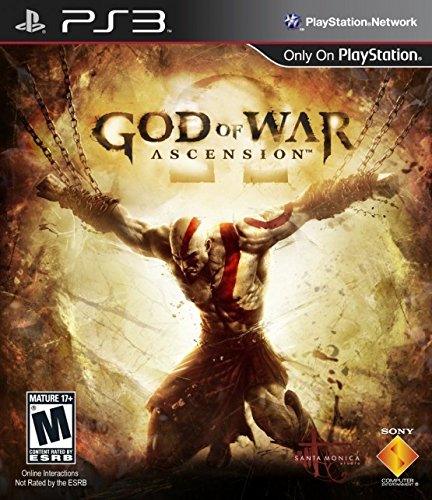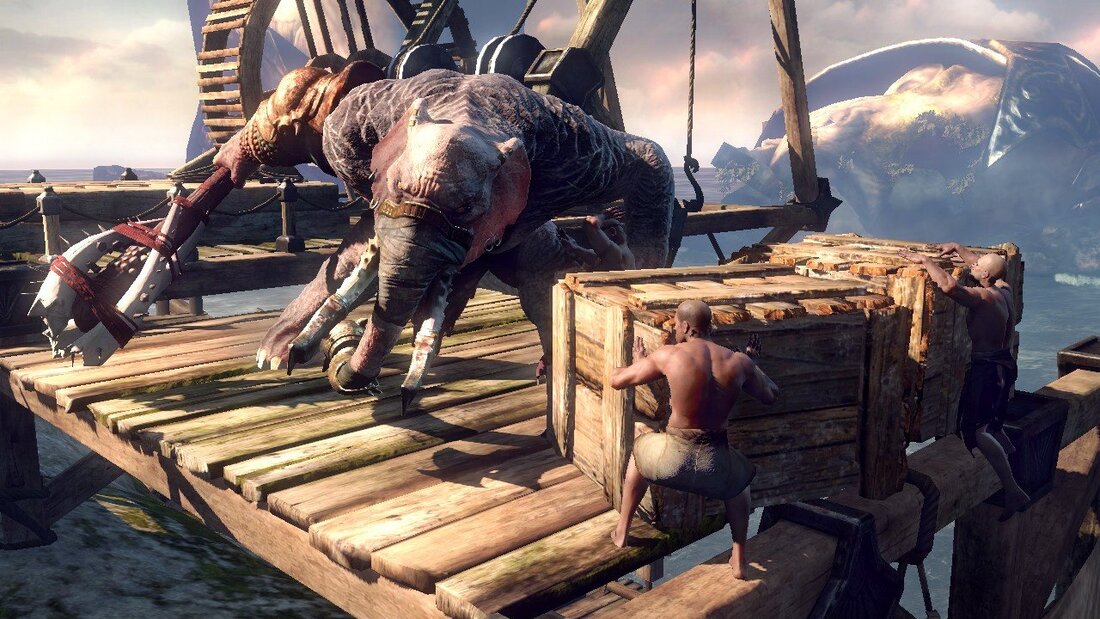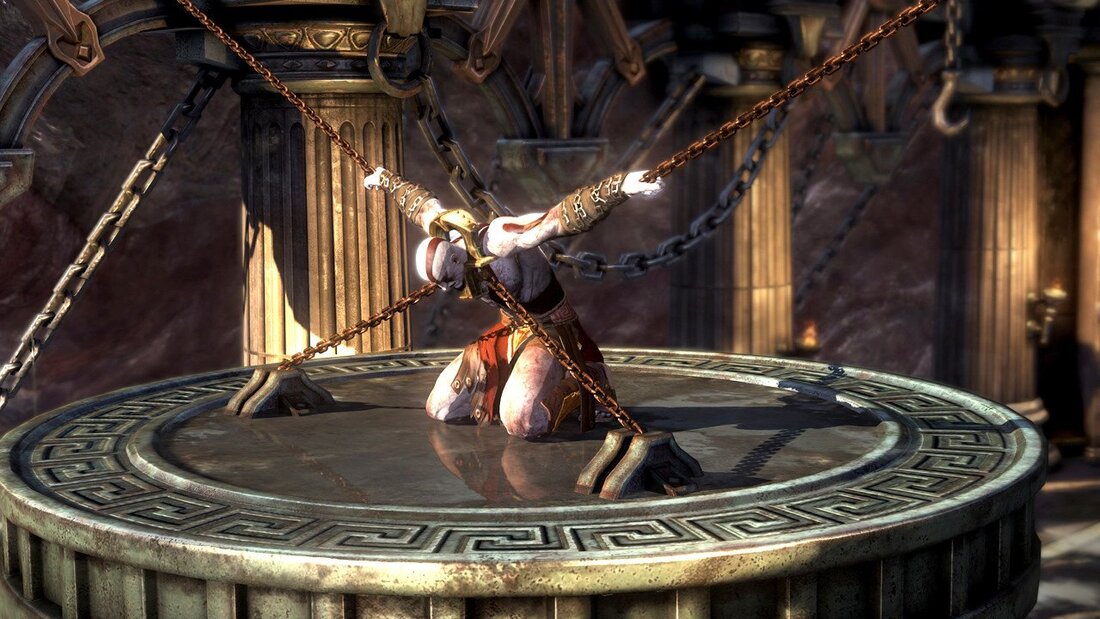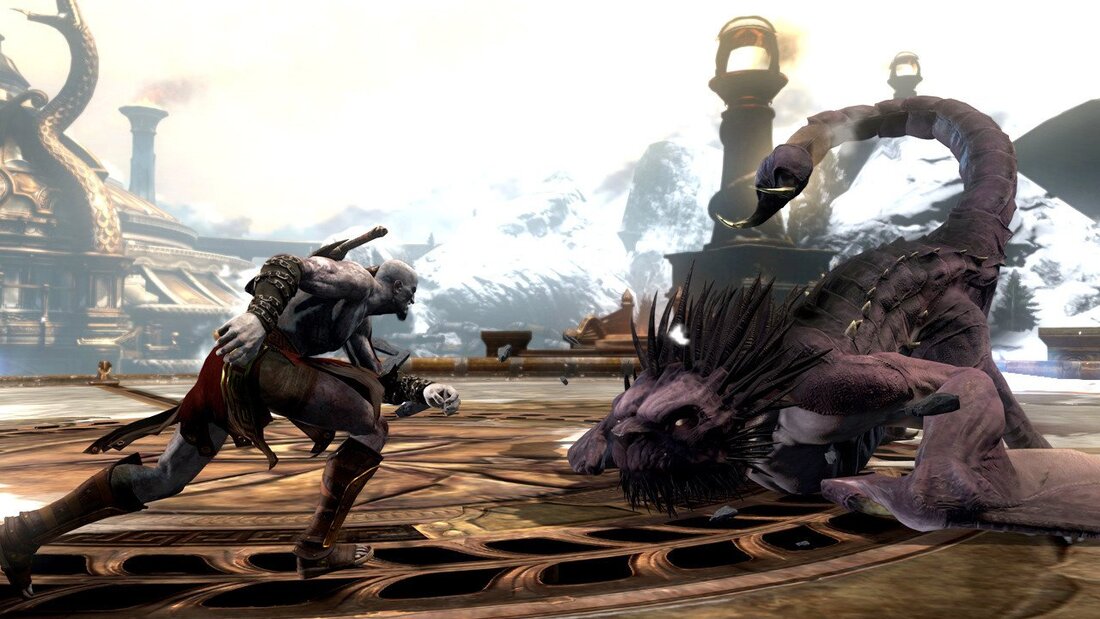Partridge Senpai's 2021 Beaten Games:Previously:
2016 2017 2018 2019 2020* indicates a repeat
1.
Atelier Rorona: The Alchemist of Arland (PS3)
2.
Portal 2 (PC) *
3. Atelier Judie: The Alchemist of Gramnad (PS2)
After completing Atelier Rorona, I got quite the itch to try out more games in the series, particularly older ones to see how things had changed since then. I was able to find a good few of the older, Japan-exclusive ones for cheap, and picked them up about a week ago. I decided to go with Judie, the 4th game in the series, hoping to get something "retro yet more polished", though I ended up only being partially right in directing my hopes towards Atelier Judie for that ^^;. Some 35~40 hours later (the game doesn't keep track of your play time, weirdly enough for a game this old on a console), I reached its conclusion. I didn't exactly get what I was looking for, but I did ultimately enjoy my time with it despite many bumps along the road.
Atelier Judie is, as is so often the case, the story of an alchemist named Judie (pronounced "yudee", as they're very about German names & pronunciations here). The game opens with her mixing a potion into her cauldron only to accidentally have on of her own hairs fall in. This messes up the delicate mixture and causes an explosion of light that flings her, her house, and her parrot 200 years into the future. She awakens after the explosion in her now ramshackle house in the middle of the wilderness, and a travelling money lender named Wist helps her realize just how far she's accidentally traveled and helps her get to the starting town (after plunging her far into debt, of course). She then embarks on a quest to get back to her own time period.
For 2002, the story is pretty underwhelming. Judie is never given any real stakes to traveling back to her own time. There's no ticking clock, we know nothing other than aesthetic particulars of her connection to the time period she's originally from, and she seems to be getting on just fine in her new time period despite the occasional bout of homesickness. Beyond that, almost all the characters are very flat and unchanging, and their character events end up feeling very incidental and unmemorable. That's not to say that games need to be serious all the time or incidental scenes can't help build character, but character needs some kind of foundation to be built upon, and this game provides next to nothing for any of them to do that. I didn't hate the story or the characters, but with just how surface level everything was, it made it very difficult to really connect with any of them, and the experience was largely unmemorable.
One of the biggest culprit for that lousy story, I believe, is that lack of any ticking clock. As mechanically this is a very bold step forward for the series: this is the first game in the Atelier series to have no ultimate time limit you need to complete your quest within. There are days of the week and the requests you fulfill do have deadlines, the festival in the big town is time sensitive for how often it's held, and perishable ingredients in your inventory will expire after a certain amount of time, but there is otherwise nothing really affected by the time mechanic. Combined with some pretty darn rough signposting at times (I had to use a guide for most of the narrative after about the halfway point), this makes the pacing of the narrative very ponderous by nature, and doesn't help the already weak building blocks that are there to begin with.
The combat is something I found simultaneously very cool yet very disappointing. Like in most Atelier games, you have 3 bars dictating your abilities: HP (health), MP (used for casting spells), and LP (used for physical, non-magic abilities). The thing is, however, is that unlike most games in the series, ALL three of those are vitality. Run out of HP? You're dead. Run out of MP? You're dead. Run out of LP? You're dead. Though still limited to 3-person parties (which is seemingly the one constant of this entire series), this ability to focus down a monster's weakest point total adds some really cool elements to the tactics you can bring to combat. This is even cooler by the fact that there are some enemies that simply don't have one of those point totals at all, so they're simply immune to damage from it. Ghosts, for example, have only MP, so only MP-damaging attacks can kill them. This is made even COOLER by how you can get a ghost in your party who ALSO has that same lack of HP or LP (and she's easily one of the most powerful characters in the game in most circumstances).
However, that cool combat system is hampered by a weirdly hamstrung crafting system. Now, this is a bit more simple than later games in many ways by nature of how new it is in the series. For example, there are so few actual items you can even craft that there are no tabs for different kinds of items. It's just one big list when you open up the alchemy menu. But this has to be one of (if not the only) Atelier game where you can craft ingots but NOT your own weapons and armor (unless that feature is just super super well hidden). Ingots and such can have stats effects on them, which implies armor crafting, but nowhere could I find the ability to do that (even after looking online a bit). This means you're entirely at the mercy of the weapons merchants and the very very rare enemy weapon drops (which can be sped up a bit if you steal from them a lot, but that requires one of your party members ALWAYS being a rogue). There are some other elements to the crafting that are kinda neat, like needing to buy tools to help certain recipes that need them have higher chances of success, but that one major gap in your ability to augment your arsenal really makes the few boss battles the game has very frustrating. I mean, sure, you DO have infinite time to grind up levels, but that's not exactly what I expect in an RPG whose main draw is the crafting system. The game even has a second ending locked behind a very long, difficult post-game dungeon, but I had no interest in even trying it when my ability to augment my party's power level was limited almost entirely to just more grinding.
There are honestly a lot of elements in the game that feel awkward and meaningless in that way. It gives the game a quality of feeling unfinished (which it likely is, given that this series has has annual releases almost every time since its inception with very few exceptions). Items not only expire in your inventory, but in your container too. I'm willing to give the series the benefit of the doubt for now (as in later games your container freezes the quality of items so they don't degrade), but in a game with no time limit dictating your playtime, this only serves to annoy the player and waste their time. The game takes place in the kingdom of Gramnad, and you constantly go from town to town to do requests and events, but you can only have your atelier in one place. Why do you have to keep uprooting your atelier (which involves selling most of your container's goods) instead of just buying out every upstairs room in every inn in the kingdom? No reason. Just another way the game seems to like to use a neat idea to waste your time for no reason. And that's outside of weird things like not even being able to craft your own equipment, alchemy levels being annoyingly grindy to raise, and the constant difficulty in making quality (always perishable) healing items and bombs yourself instead of buying them from merchants. The Atelier series is always an experimental one, but this game clearly needed more time to figure out what its underlying mechanics were actually there to do rather than just being there to be there.
The presentation is largely good but with some odd blind spots here and there. For a game from 2002, I was surprised at just how well this plays nice with the PS2's 480i option via component hookups. It makes everything look SO much criper, and the hand-drawn character portraits and pixel art for the in-game models look really nice. While I do like the monster designs (and the fairy NPCs are ADORABLE), I'm overall not a huge fan of the art style. So far as I can tell, this is the last game in the series to use a much more 90's-style for its anime character designs, but I just didn't really care for the art in the game. That said, the character expressions and art are done very well, regardless of my personal preference. The music is on the whole fine. Nothing was particularly ear catching despite some of the boss themes, but it was cool to hear musical motifs that reminded me of the PS3 games present in so early an entry in the series. As a fun bonus, even so back as this game (and I assume even earlier), beating the game unlocks a jukebox, art gallery (of event stills you've viewed already), and even little commentaries from the voice actors (as this game is all very well voice acted. There's actually virtually no unvoiced character dialogue in the game, even from minor NPCs, which was cool). It was really fun to see even stuff like that present in such an early entry in the series.
Verdict: Hesitantly Recommended. Despite how much I rag on the game and call it unfinished and unfocused, I DID still enjoy my time with it and found it compelling enough to blaze through the thing in five days. With how easily this game was a time vampire for me, it's clearly still doing something right despite all its foibles. As far as Japan-exclusive RPGs go, I'm not sure the West was really missing anything by not getting this one, but while I do find this game hard to recommend, I wouldn't actively dissuade anyone from trying it out if they were looking at it as a historical curiosity for the Atelier series like I was.
I identify everyone via avatar, so if you change your avatar, I genuinely might completely forget who you are. -- Me





